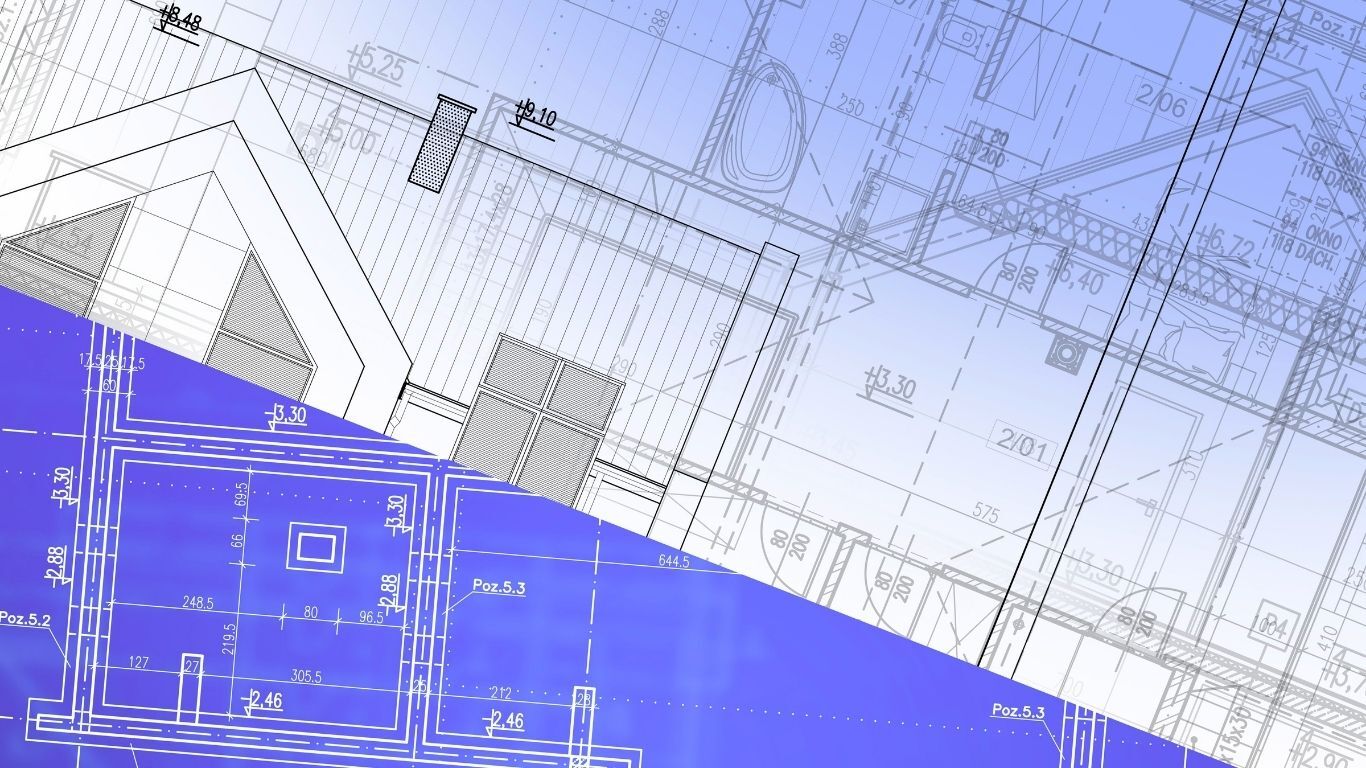
Construction Loans in California - the Complete Guide
How agents structure, position, and execute construction financing—without derailing the deal.

What Are Construction Loans?
Unlike traditional mortgages that fund completed homes, construction loans finance the building process itself. Funds are disbursed in stages based on milestones, ensuring accountability and flexibility for both borrowers and builders. In California—where ADUs, luxury builds, and custom projects dominate—the right construction loan can unlock equity and control.
New Home Construction Financing: Options, Rates & Process
Discover how new home construction financing works — from loan types and eligibility to rates, disbursements, and conversion into a permanent mortgage. Learn how to compare lenders, manage your construction phase budget, and choose the right financing option for your dream home or investment project.
Mastering Construction-to-Permanent Loans: A Comprehensive Guide
Construction-to-permanent loans combine your build financing and long-term mortgage into one streamlined structure—one application, one approval, one closing. This guide explains how C-to-P loans work, who qualifies, how rates are set, and why they reduce risk for homeowners, investors, and builders.
FAQ
What banks and lenders offer construction loans in California?
Yes — while most lenders prefer a 680+ credit score, programs like FHA construction loans and VA construction loans allow credit scores as low as 620. If you’re seeking an owner builder loan or self-build construction loan, stronger credit and financial reserves are usually required. Borrowers with lower scores can sometimes qualify by offering a larger down payment or co-borrower support.
Can I qualify for a construction loan with lower credit?
Yes — while most lenders prefer a 680+ credit score, programs like FHA construction loans and VA construction loans allow credit scores as low as 620. If you’re seeking an owner builder loan or self-build construction loan, stronger credit and financial reserves are usually required. Borrowers with lower scores can sometimes qualify by offering a larger down payment or co-borrower support.
What’s the difference between construction-only loans and construction-to-permanent loans?
A construction-only loan is short-term financing that covers the construction period, after which borrowers must refinance into a permanent loan or traditional mortgage. In contrast, a construction-to-permanent loan combines both phases into one closing, simplifying costs and paperwork. Borrowers should weigh their financing options carefully based on project size, loan amount, and long-term goals.
How do ADUs qualify for construction financing in California?
Accessory Dwelling Units (ADUs) can be financed through renovation loans, home construction loans, or builder loans depending on project type. California lenders require permits, a construction plan, and proof of construction costs. ADU financing is popular because it increases property value and generates rental income, making it an attractive equity-building loan option for homeowners.
What documentation do lenders require for construction loan approval?
To secure construction loan approval, borrowers must provide:
-
A complete loan application (1003)
-
Detailed construction budget and loan amount request
-
Construction plan with architectural drawings and permits
-
Proof of income, assets, and reserves for loan officer review
-
Insurance such as builder’s risk insurance
This documentation helps lenders assess project feasibility, loan type suitability, and borrower capacity.
Built to Support Agents Through Closing
Scenario-based financing guidance for construction deals—designed to work alongside you from planning through execution.


